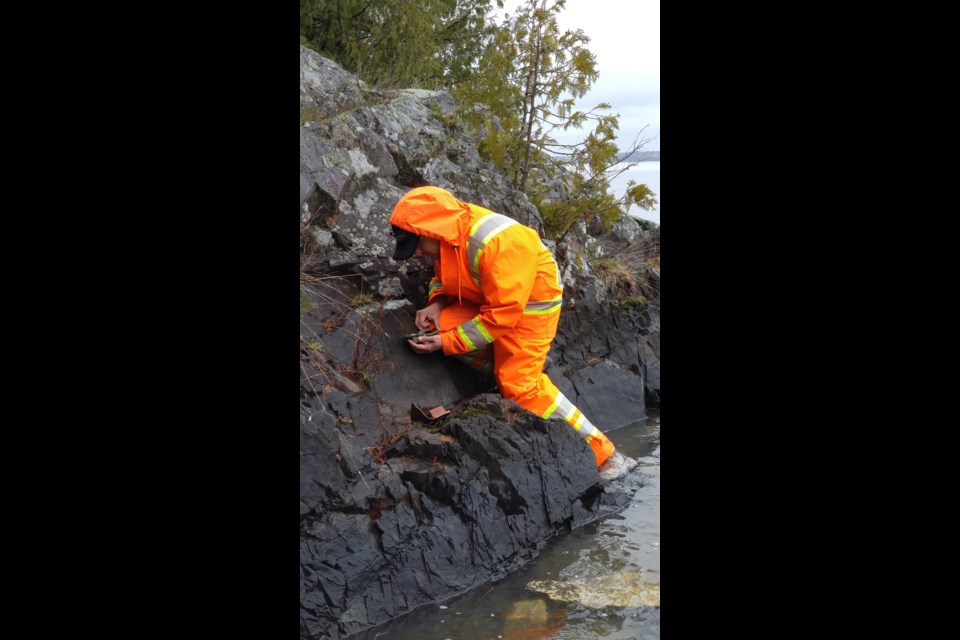Travel anywhere through Northern Ontario and you will come across the names of some of Canada’s most famous prospectors— Jack Wilson, Sandy McIntyre, Benny Hollinger, Murray Watts, Franc Joubin, Don McKinnon and John Larche.
They were all adventurers who lived large, but they were also terribly serious about the job of finding minerals. Bill James, the late former CEO of Falconbridge, was fond of calling them “the mine-finders.”
The role of the prospector has changed in recent years, but Northern College Timmins campus is responding to the change with a new course offering.
“The New Mineral Exploration Techniques program is a One-Year Ontario College Certificate program that focuses on the skills and knowledge required for work on the exploration side of the mining industry,” said Kimberley Norman, a geologist and professor in the mineral exploration program through the Haileybury School of Mines (HSM).
Norman said HSM has been offering mining related courses for more than 100 years but there was a need for change to comply with changes to the Mining Act. She said this new program is a perfect fit.
“In 2009, the Mining Act in Ontario changed for the first time in a century. With this change came transparency, where Mining and Exploration companies are now required by law to consult with Indigenous Communities and the public regarding their exploration and mining activities,” said Norman.
She said it means companies in Ontario are being held accountable by the government for their activities and the impact that these activities have on the traditional lands of the Indigenous peoples, the environment, and the economy of our communities.
The program is launching this September 2019, is available on-site at the Timmins campus and by online distance education from anywhere in the world.
It is two semesters in duration with two weeks of field school, on-site in Timmins in April and May. It can be completed on a full-time basis, after eight months, or on a part-time basis with up to three years to complete the program.
“The students that we are hoping to attract are those with an interest in getting into the exploration and mining industry. Students should enjoy working outdoors, in remote locations, or labs and industrial/mine settings. With the incorporation of course content specifically on Indigenous Communities, traditions and other topics as they pertain to exploration and fieldwork, our hope is that the program will be attractive to Indigenous students. We would also like to encourage anyone with an interest in geology, GIS and prospecting to take the program,” said Norman.
She added that courses go beyond line-cutting and field work to include geology, sampling methods, exploration specific - health and safety, GIS, geophysics, geochemistry, fieldwork, mapping and orienteering, environmental best practices, ATV training, boat safety, survival, and even how to safely run a chain saw
Norman said at one time many of these skills were things that people learned on the job. In the past, it was normal for exploration companies to hire people from a general labour pool and then provide internal training, she said. She added that the new program will train students in a variety of exploration skills that can be applied in the field.
“Students will be well prepared to work in the field, coreshack, lab, in land-management and databases (GIS), and in surface and underground mining operations.”
Norman said the students who take the course would have a wide variety of work opportunities.
“Graduates may find employment with exploration companies, mining companies, materials and geochemical testing laboratories, environmental companies, drilling companies and exploration and mining supply/sales companies and government agencies,” she said.
More information can be found at http://www.northernc.on.ca/timmins-campus/



